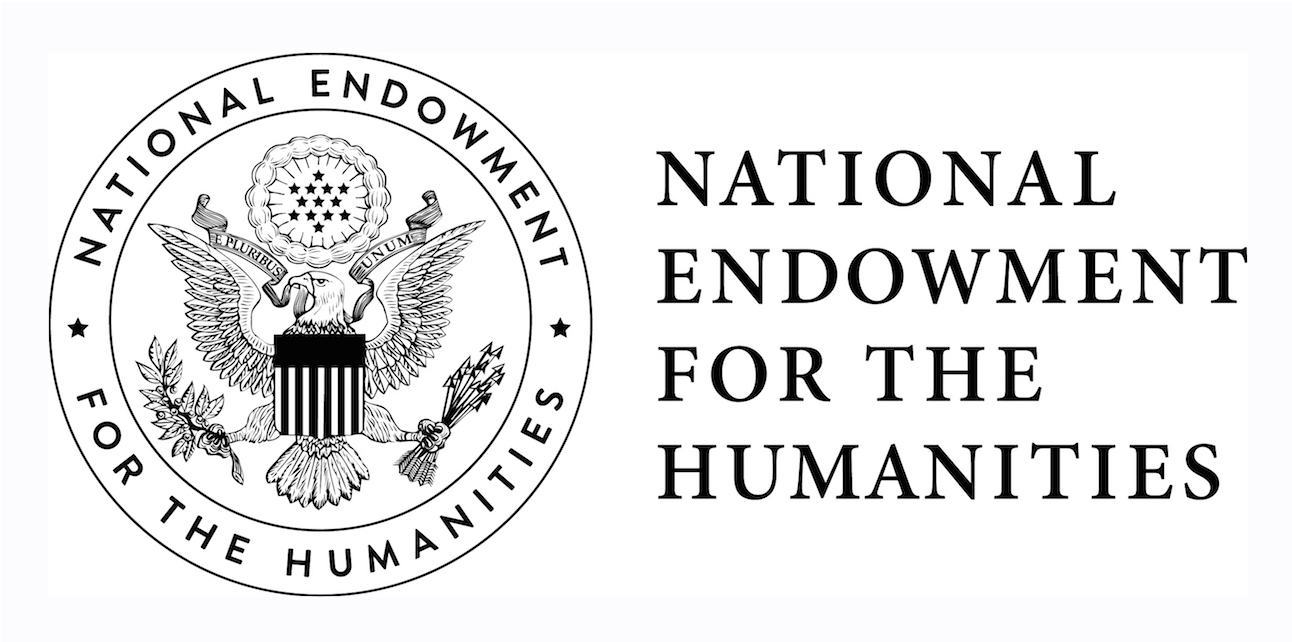
13 Aug Funding Alert! Public Humanities Projects for Planning and Implementation
National Endowment for the Humanities – Public Humanities Projects
Attention humanities folks! If your program is seeking funding for a project that engages general audiences through in-person humanities programming, you might be interested in this opportunity. The National Endowment for the Humanities (NEH) recently opened applications for the Public Humanities Program grants to support exhibitions, historic places, and humanities discussions. The NEH seeks projects that explore diverse topics in American history and examine foundational documents, historical objects, places, traditions, events, and individuals who have shaped the United States.
What do these humanities projects look like?
Proposed projects may fall into one of three categories:
- Exhibitions: the creation of permanent exhibitions (on view for a minimum of three years), single-site temporary exhibitions (open to the public for at least two months), and traveling exhibitions that will be open to public audiences in at least two U.S. venues.
- Historic Places: support for long-term interpretive programs for historic sites, houses, neighborhoods, and regions (presented to the public for a minimum of three years). Examples include living history presentations, guided tours, exhibitions, and public programming.
- Humanities Discussions: support for a series of at least six in-person public programs (covering a period of three months to two years) related to “A More Perfect Union”: NEH Special Initiative Advancing Civic Education and Commemorating the Nation’s 250th These projects would engage public audiences with resources like historic artifacts, artwork, or documents and provide context and analysis by humanities experts. Examples include symposiums, lecture series, lifelong learning programs, or other face-to-face engagement or information education methods.
In addition, applicants can propose projects at one of two funding levels:
- Planning: refining content, format, and interpretive approach of a potential project; designing or testing project components; or evaluating the project’s potential impact. Planning grant awards are up to $75,000 with a maximum 24-month project period.
- Implementation: final research and consultation, design, production, and installation to take a project “live”; the performance period will include the minimum exhibition time. Implementation grant awards range from $50,000 to $400,000 with a performance period from 12 to 48 months. Particularly ambitious and significant implementation projects may be eligible for a Chairman’s Special Award of up to $1 million, though these awards are rare. Organizations applying for an implementation grant may also request additional funding (up to $50,000 per year) to create a full-time staff position to work on the project.
There are two deadlines for this grant: September 8, 2020 (for projects beginning as early as May 1, 2021) and January 6, 2021 (for projects beginning as early as September 1, 2021.
The NEH expects to award a total of 19 grants per deadline, with funding amounts based on the project category in which the applicant is applying (described above).
Who is eligible to apply?
Eligible applicants are any U.S. nonprofit organization with 501(c)(3) status, public and 501(c)(3) accredited institutions of higher education, state and local governmental agencies, and federally recognized Native American tribal governments. The NEH is encouraging small and mid-sized organizations to apply.
What makes a project a good fit?
Eligible projects should explore broad, regional or national humanities themes through multiple formats, such as a public museum exhibit paired with a mobile app. The NEH encourages applicants to develop partnerships with organizations such as cultural alliances, broadcast media stations, cultural heritage centers, state humanities councils, veterans’ centers, and libraries; to include humanities scholars throughout all phases of the project; and to highlight the contributions of underrepresented populations.
Public Humanities Projects should be grounded in sound scholarship in the humanities disciplines. They should engage public audiences with content and ideas that encourage dialogue and a public understanding of important themes.
What if I am ready to apply? The first round of proposals is due September 8, 2020. To move your application forward, take the following action steps ASAP:
- Read through the Notice of Funding Opportunity for more detail regarding project activities and be sure your proposed humanities project will address those items.
- Check out “A More Perfect Union”: NEH Special Initiative Advancing Civic Education and Commemorating the Nation’s 250th Anniversary, which is a special focus for the NEH in 2021.
- Make sure your System for Award Management (SAM) registration is active and be sure you have agov profile. You can check your SAM status here: https://www.sam.gov/SAM/pages/public/searchRecords/search.jsf.
- Think about potential partners who might be able to strengthen your proposal.
What if I need help with this application?
Contact Assel Grant Services today! Our team can help with all aspects of preparing the application and managing the grant if you are awarded. If you would like to discuss this possibility, please contact AGS as soon as possible. Rosie Brennan, Community Engagement Specialist will be happy to talk with you about this opportunity and provide you a quote for grant services.
What if I am not ready to apply this year?
The next round for this funding opportunity is due January 6, 2021, so there’s still time! The NEH website has a wealth of resources available, including examples of previously funded projects.
Competency #1: Knowledge of how to research, identify, and match funding resources to meet specific needs
Skill 1.2: Identify major trends in public funding and public policy
Skill 1.6: Identify fundable programs and projects for specific organization
Skill 1.7: Determine best matches between funders and specific programs
